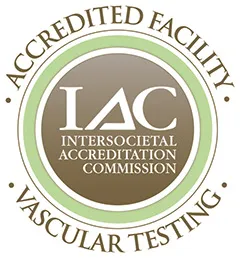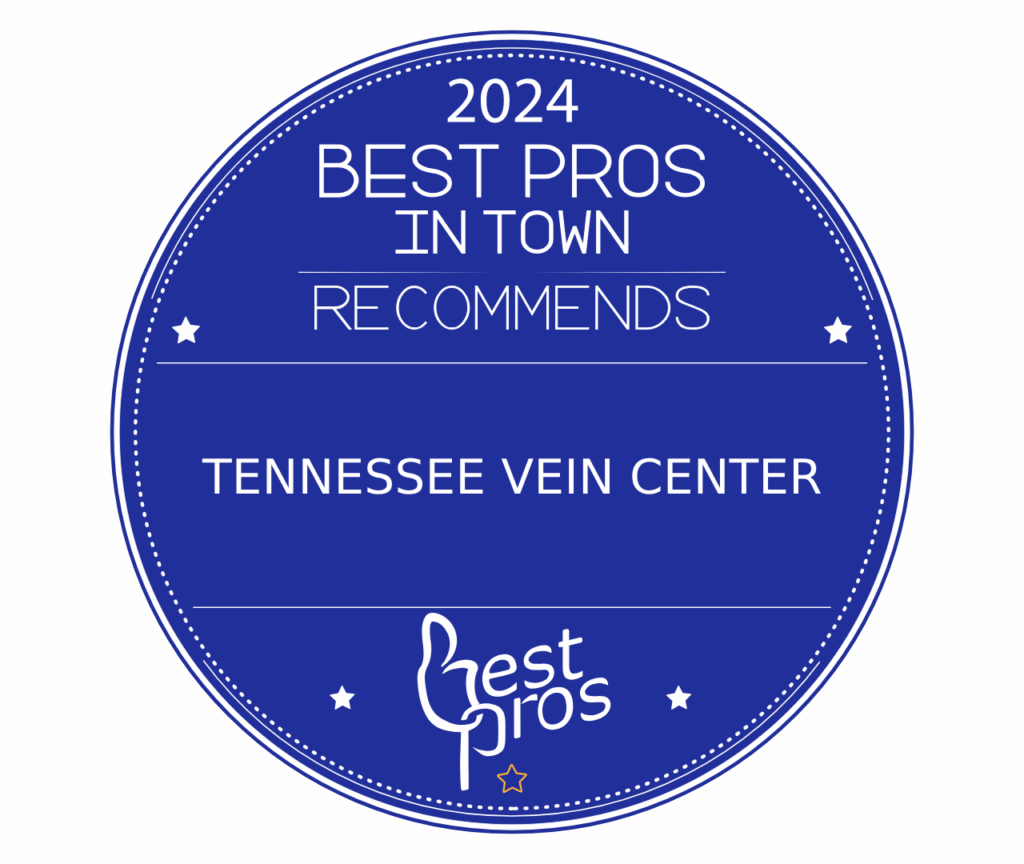If you’re dealing with varicose veins, you’ve probably started looking into treatment options. But here’s something that’s just as important as the treatment itself: where you get it done.
Choosing a clinic with an accredited vascular lab can make a big difference in the accuracy of your diagnosis, the safety of your procedure, and the long-term success of your treatment.
Let’s break down why accreditation matters — and what it really means for you.
What Is an Accredited Vascular Lab?
An accredited vascular lab is a facility that has been reviewed and approved by a national organization like the Intersocietal Accreditation Commission (IAC) or the American College of Radiology (ACR).
This accreditation means the lab has met rigorous standards in areas like:
- Staff qualifications
- Equipment quality
- Testing procedures
- Accuracy of results
- Ongoing quality assurance
It’s not a one-time stamp of approval — labs must regularly renew accreditation and maintain high standards.
1. More Accurate Diagnoses
A varicose vein treatment plan starts with a venous ultrasound, which maps out your veins and identifies where, in the body, blood is pooling or flowing in the wrong direction (known as venous reflux).
In an accredited lab:
- Technologists are specially trained in vascular imaging.
- Equipment is regularly calibrated for precision.
- Protocols follow evidence-based best practices.
That means fewer errors and a higher chance your doctor will get the right information to plan your care.
2. Better Treatment Outcomes
If your diagnosis is off, your treatment might not work — or worse, it could treat the wrong veins. Accredited labs help ensure that your entire treatment is guided by accurate data, which is key to long-lasting results.
For example, treating surface-level varicose veins without addressing deeper reflux often leads to recurrence. An accredited lab helps pinpoint the root cause, not just the symptoms.
3. Higher Standards = Safer Care
With an accredited vascular lab, you can trust that:
- The staff follows strict infection control and safety protocols
- There’s oversight to ensure ongoing staff training and certification
- The lab is regularly audited to maintain quality and accountability
That peace of mind is especially important if you’re undergoing procedures like endovenous ablation, sclerotherapy, or ultrasound-guided treatments.
4. You May Save Time and Money
Accredited labs help avoid unnecessary repeat testing, misdiagnosis, or ineffective treatments. That saves you time, frustration, and possibly out-of-pocket costs in the long run.
Plus, some insurance companies require accreditation for coverage of diagnostic vascular testing, so going to a certified lab may help your claim get approved faster.
Final Thoughts
Varicose vein treatment is about more than just appearance — it’s about comfort, circulation, and long-term vascular health. Starting your care in an accredited vascular lab ensures that the foundation of your treatment — your diagnosis — is solid, safe, and effective.
When evaluating a vein clinic or vascular specialist, don’t be afraid to ask:
“Is your vascular lab accredited?”
It’s a simple question that could make a big difference in your care.


